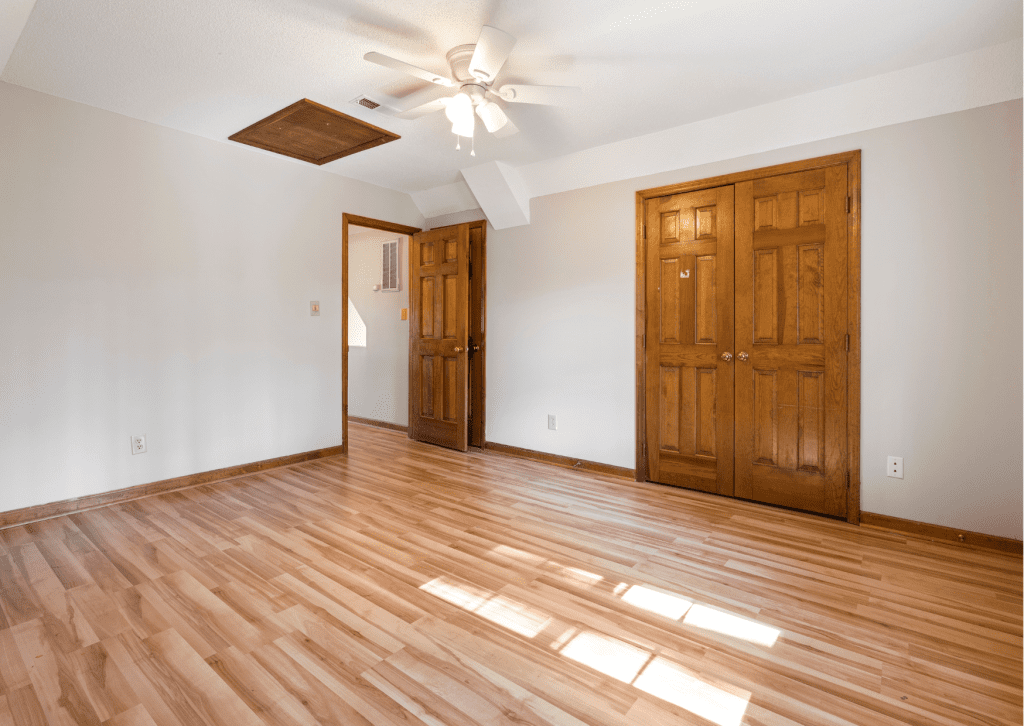Regular Home Rental, Temporary Home Rental, or Vacation Home Rental?
The three rental modalities have their pros and cons, but of all the differences between the different rental contracts, the duration of the contract, the laws that govern them, and the tax implications of each of them are the three to stand out.

Habitual Residence Rental Contract
The rental of a habitual residence – that of a lifetime – is subject to the Urban Leasing Law (LAU) and aims to provide shelter to families permanently and indefinitely. It is possible to update the rent each year, depending on the appropriate price index or specific regulations.
For 2023, rent increases are capped at 2%. In 2024, this ceiling will be 3% and, therefore, the IPC will therefore not be used to update the rents.

Temporary Rental Contract
The Urban Leasing Law (LAU) classifies temporary rentals as “leasing for use other than housing”, the same as, for example, offices or premises. It responds to the need to reside in a home for provisional or transitory reasons, that justify signing a short-term rental agreement instead of a long-term one.
These are some circumstances that allege the temporality of a rental contract:
- Academic reasons. A student is studying in a different city and needs a flat for just a few months.
- Work reasons. A worker is assigned on a short-term assignment to another city and needs a place to live.
- Other motives. For example, some work is being done in the principal residence of the tenant and he must reside in a different location for some time.
The LAU delegates to the owner and tenant the freedom to establish the conditions of the contract.
However, a temporary rental must meet these minimum requirements to be considered as such:
- The reason for the need of a temporary rental contract must be stated explicitly to justify the duration and, therefore, the start and end date of the contract must be stated as well.
- The duration must be equal to or greater than 32 days. If it’s less than that, we would be looking at a seasonal or vacation rental contract.
- It must not exceed 11 months. Otherwise, a habitual residence rental contract or two temporary contracts should be made.
- The house must be furnished and needs to have household items and appliances, it needs to be ready to move into.

Holiday / Seasonal Rental Contract
The temporary rental and the vacation/seasonal rental have some characteristics in common and diverge on other points. The main differences between the different rental modalities have to do with the duration, the use that is given to the home, legal regulations, and tax considerations. For a vacation rental contract, the landlord will need a license and will be governed by the tourist laws of each autonomous community.
We consider vacation/seasonal rental a house equipped with all the equipment to be used for a tourist stay. These are the characteristics of this type of business:
- The stays are shorter, for nights or weeks, and their duration cannot exceed 31 days.
- It is regulated by the tourism laws of each autonomous community. In some regions, such as Catalonia, you need a tourist license to offer your property for vacation rental.
- The community of owners of the building can also establish rules.
- Owners often offer more vacation rental benefits (such as linens or housekeeping), making vacation rental management more complex and work-intensive.
- The regulation is more restrictive with the tourist rental model.
Do you need help with Home Finding? A Lease Review? A Lease Negotiation? Or a Least Renewal? Allow our team of talented professionals to help you; reach out at customercare@eomobility.com.


